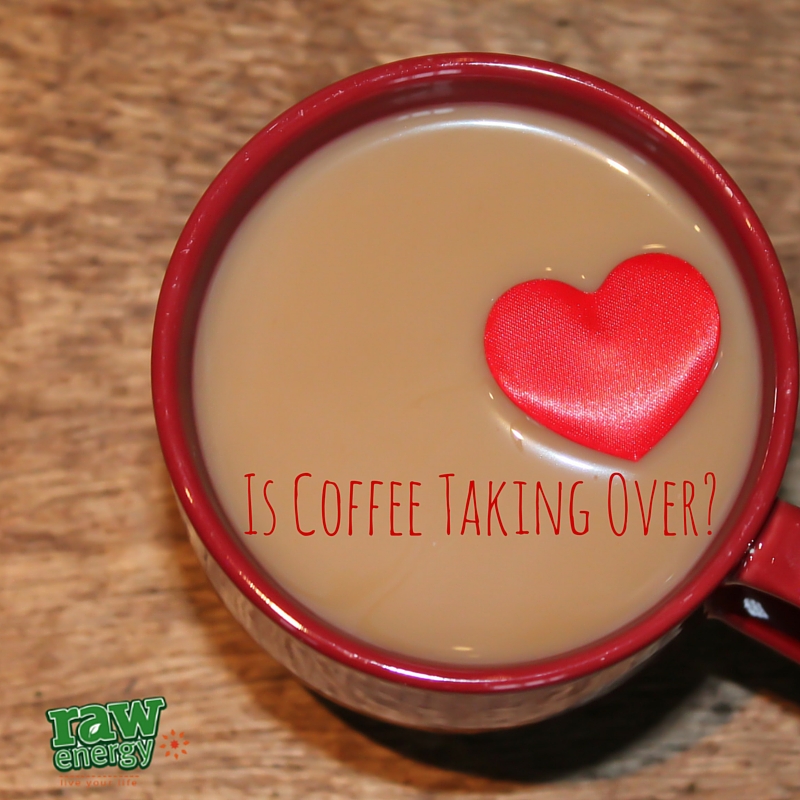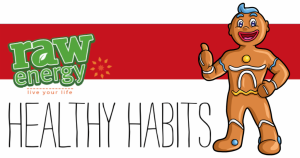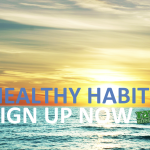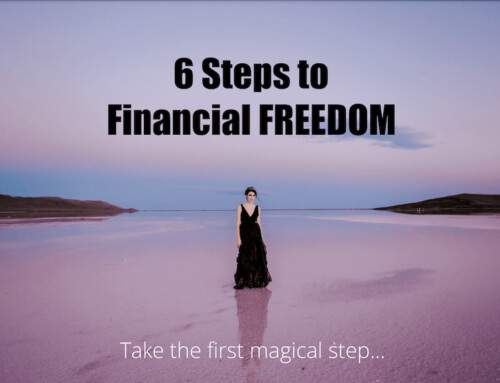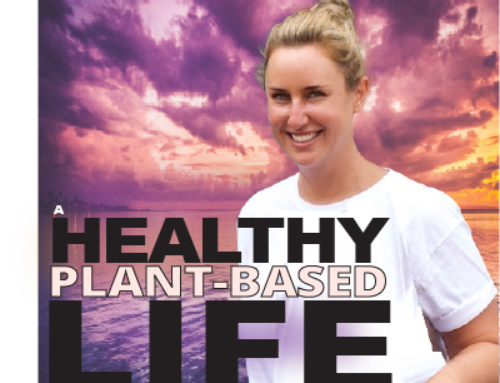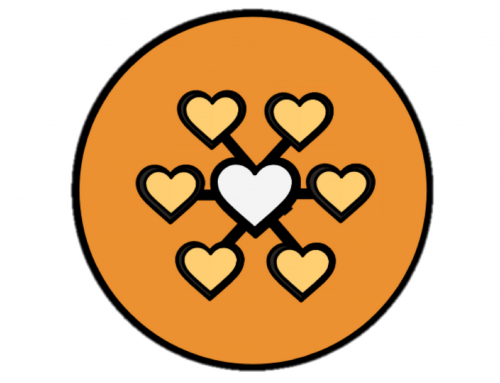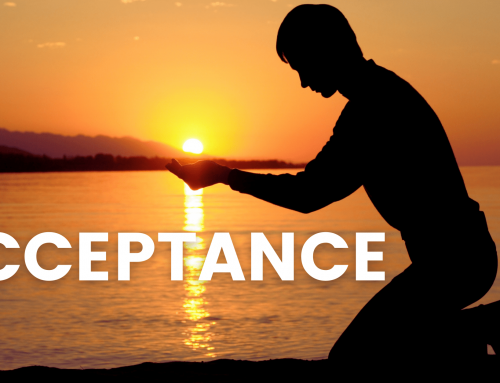Three weeks ago I had my first cup of coffee in 10 years!
You see, once upon a time I had developed an unhealthy habit for drinking black coffee whilst working. The habit gradually crept upon me, and I wasn’t even aware of how much I was drinking. I did know at the time that drinking so much black coffee wasn’t necessarily going to be good for my long-term health, but it got me through the day and, at the time, that’s what I needed.
My wise old Grandma used to tell me regularly that ‘a little of what you fancy does you good’, and many people use this to justify their bad habits. However, when I discovered that a little was actually a lot – 7 cups per day to be honest – I decided to break the habit and go cold turkey which turned into a 10 year coffee ‘break’.
I’m not proposing that you give up your coffee entirely, but in this article I want to share the guidance from Kevin Geary, founder of the Reboooted Body, a unique platform that helps people ‘eat, move and live’, with a big focus on the psychology of eating, ie, the reasons we eat and do things that we know are not good for us, but still do them anyway.
Have you paid attention to your coffee drinking statistics?
Has it crept up from one in the morning to get you going, to 2, 3 or even 4 throughout the day?
Kevin outlines three signs to look out for to indicate whether it’s time to take a 30 day coffee ‘break’:
- Feeling like you need caffeine in the afternoon. If you notice that energy levels are dipping consistently in the afternoon and the first thing that comes to your mind is caffeine, it’s time to take a break. Getting on a caffeine roller coaster can lead to adrenal issues and severe dependence. Take a 30 day break.
- Feeling no physical effect from caffeine consumption. When you take a drug and don’t feel any type of effect, it’s a good sign that you’ve overdone it. You want to enjoy your coffee in the morning—you don’t want it to be a crutch. Take a 30 day break.
- Experiencing symptoms of adrenal fatigue or low thyroid function. Do you experience cold hands and feet? Low body temperature? Constant tiredness? Poor sleep? Weight gain? Inability to handle stress? Moderate to severe cravings for salty or sugary foods? A weakened immune system? These are all signs that your body needs as much rest and as little stress as possible. That means no drugs, especially stimulants. Take a 30 day break.
Finally, a key part of successfully taking a break from coffee is to find something to substitute the habit. When I stop drinking coffee, I started drinking green tea which I hated a first, but quickly acquired the taste. Other substitutes include Barley Cup or Yannoh which will look and taste like coffee but with no stimulants.
Many people turn to coffee to help them get through the day and reduce their stress levels. The problem is that coffee is a stimulant which means that your body is borrowing energy from the future, and just like anything borrowed, it needs to be paid back, hence the crash that follows. You can read more about how drinking well can help reduce stress here and the top 10 perks of caffeine here. Finally, here’s a great post on caffeine addiction from Health Ambition.
To get some great help and advice on how to make small, easy changes for the better, sign up for the Healthy Habits e-zine, delivered to your inbox every month.
Want more in-depth information?
Get a copy of Success Without Stress which is full of practical tips and techniques to help you reduce the negative stress in your life.
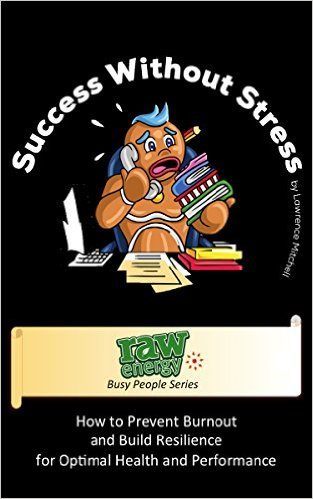 Available in print or kindle edition:
Available in print or kindle edition:
Click Here if you are in the UK/Europe
Click Here if you are in the US
By the end of the book, you will be in more control of your stress management. Discover:
- What stress is and how it affects our bodies
- How to identify the specific stressors in your life, so that you can take steps to reduce them
- How to track and measure your stress levels to get early warning signs
- How to spot the signs of stress in other people
- The 50 healthy habits you can incorporate into your life to prevent burnout


